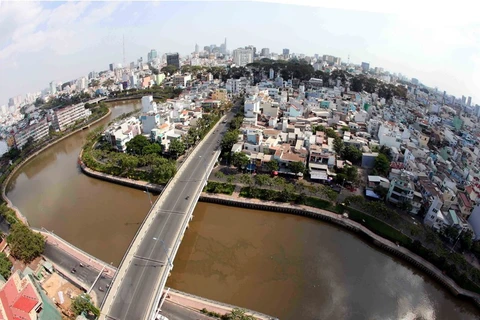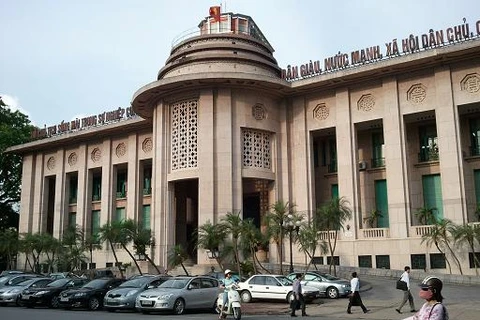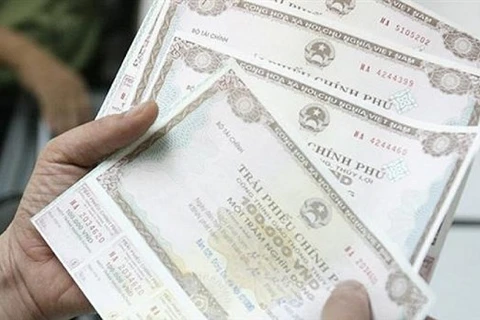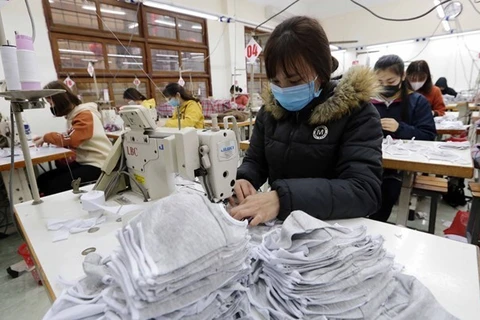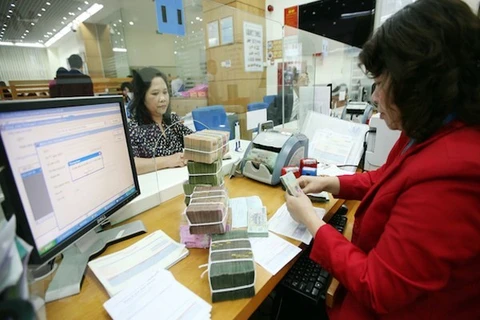Hanoi (VNA) - The State Bank of Vietnam (SBV) will adjust its benchmark interest rates from May 13 in an attempt to support an economy hurt by the COVID-19 outbreak.
It will reduce the benchmark refinance rate to 4.5 percent per annum from 5 percent and the discount rate to 3 percent per annum from 3.5 percent, it said in Decision 918/QD-NHNN released on May 12.
The overnight lending rate in the inter-bank market will be lowered to 5.5 percent per annum from 6 percent and the open-market-operation (OMO) rate to 3.0 percent per annum from 3.5 percent.
The central bank also issued two new decisions, under which the caps on the interest rates of some types of Vietnam dong-denominated deposits and short-term loans will be reduced by 0.3 to 0.5 percentage points, depending on the maturity.
The bank said the COVID-19 pandemic has been a complex development resulting in a global economic crisis and cited the fact that many foreign governments have adopted economic stimulus policies, one of which is policy rate cuts from central banks.
The rate cut is also in line with guidelines from the Government on removing difficulties for production and business operations and ensuring social welfare, it noted./.
VNA

